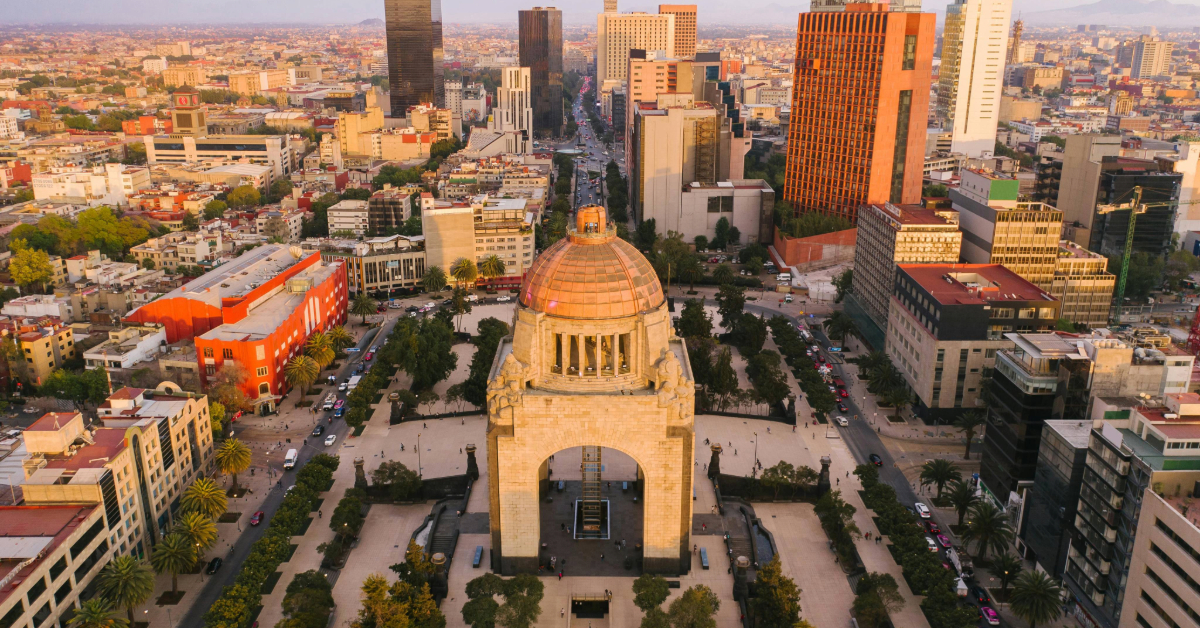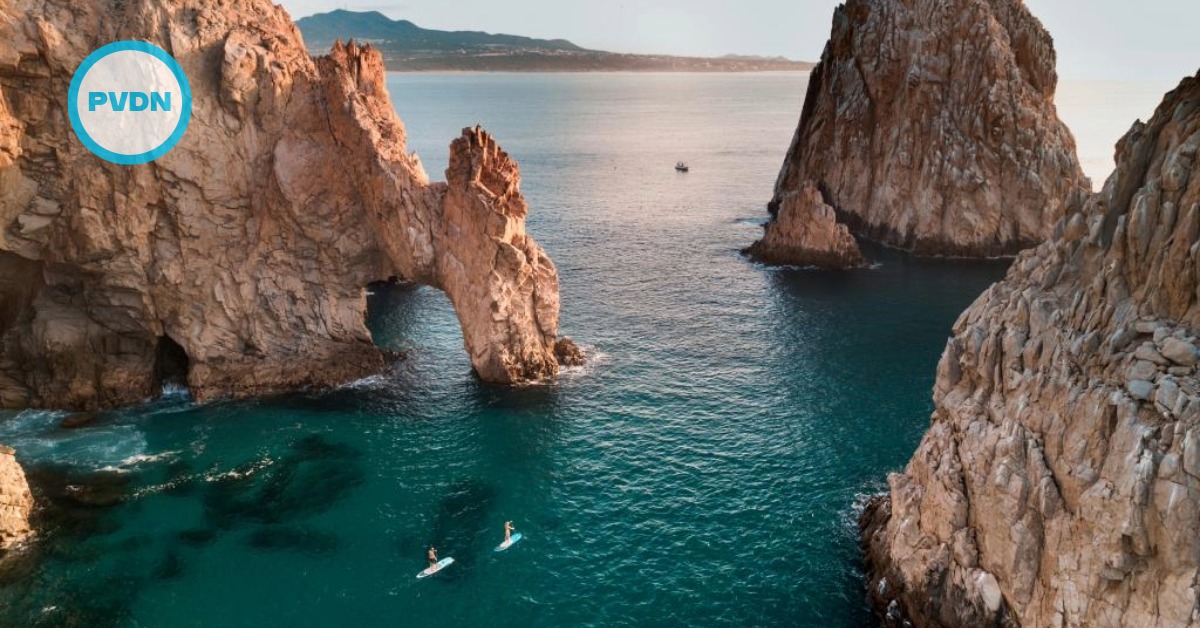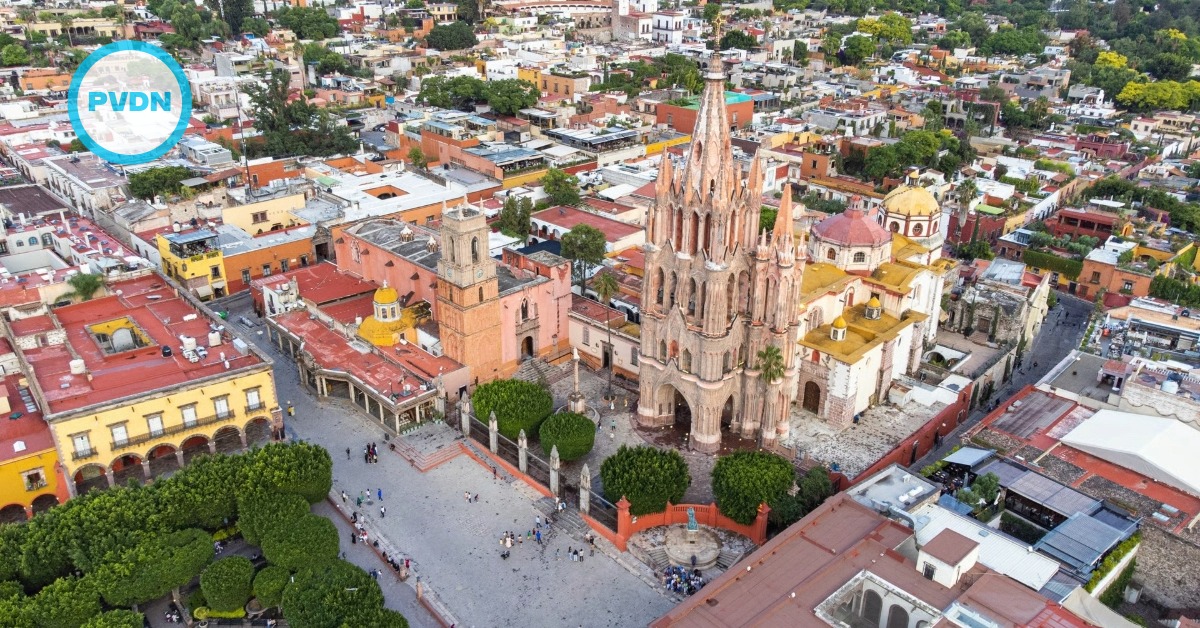Baja California Sur’s emerging wine industry, centered in Comondú, Los Cabos, and La Paz, is gaining recognition for its quality grapes and clean land—despite export and drought challenges.
Baja California Sur’s wine sector is carving out a name for itself, slowly but steadily growing as a niche economic and tourism opportunity for the state. Concentrated in the Santo Domingo Valley in Comondú, as well as areas like Los Cabos, La Paz, and Todos Santos, the region now boasts 15 wine producers at various stages of development.
This burgeoning . . .






